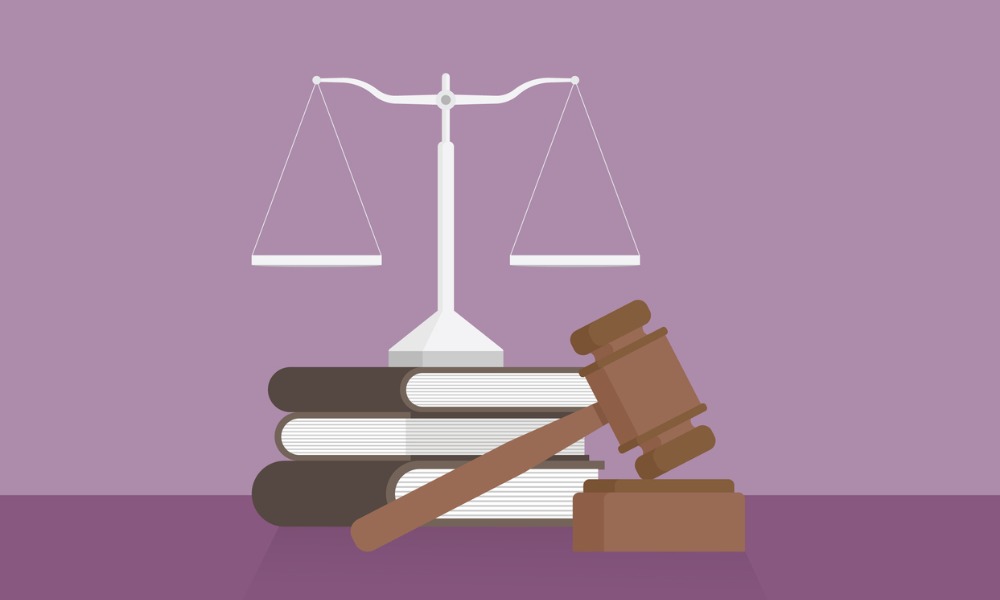
The bill addresses the issue of repeat offences in relation to serious crimes

The Sentencing (Reinstating Three Strikes) Amendment Bill will undergo its first reading in the House this week.
Following the government’s announcement in April that there were plans to reintroduce the Three Strikes law, the bill was officially introduced today.
“New Zealanders are rightly concerned about violent crime. We are delivering on our commitment to introduce a revised Three Strikes law as one of our key law and order priorities”, Associate Justice Minister Nicole McKee said. “This government has made it clear that repeat serious violent or sexual offending will not be tolerated. The Three Strikes law will help keep New Zealanders safer while sending a strong message to those who keep committing these serious crimes – repeat offending is not acceptable, and they will face increasingly serious consequences”.
The Sentencing (Reinstating Three Strikes) Amendment Bill reinstates the core elements of the Three Strikes regime, which was repealed in 2022. With the first strike, offenders will receive a warning about the consequences of re-offending. After the second strike, they will be denied parole. On the third strike, they must serve the maximum penalty without the possibility of parole.
Nonetheless, the bill also modifies aspects of the law for workability. These changes include:
"The bill continues the work this government is doing to restore law and order and improve public safety, such as cracking down on gangs, limiting sentencing discounts, and removing funding for section 27 cultural reports”, McKee said. “I encourage the public to have their say on the bill at the select committee stage”.
After the first reading, the bill will be referred to the justice committee.